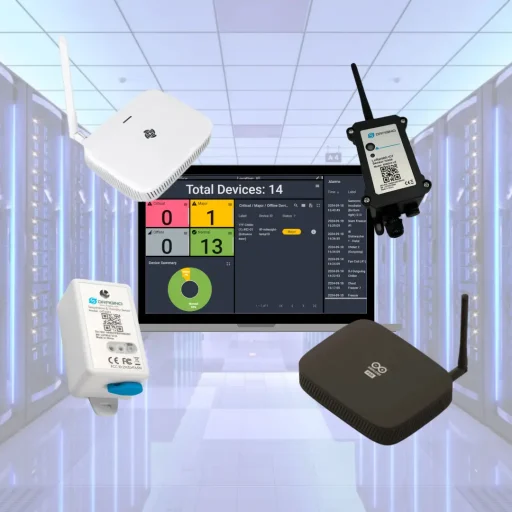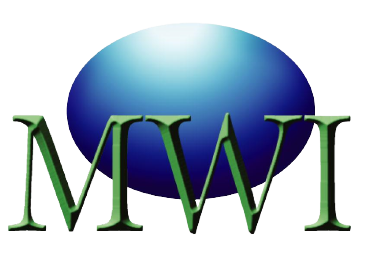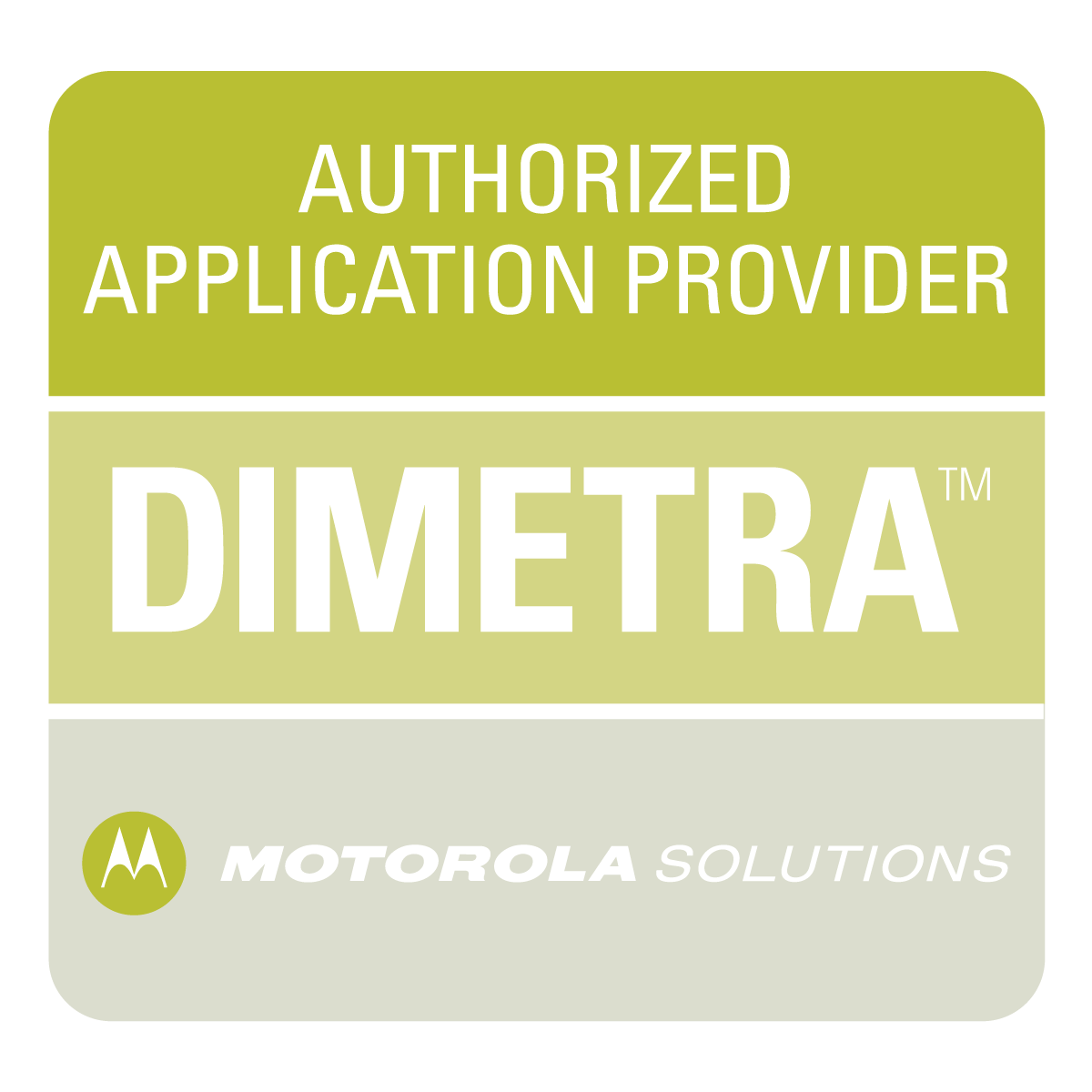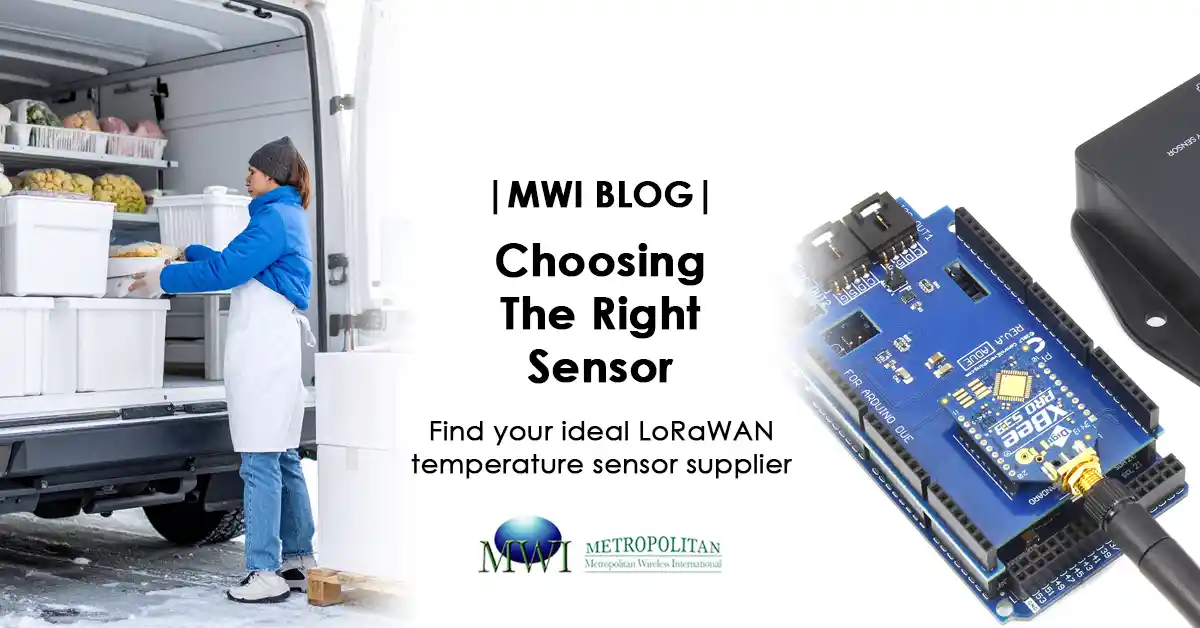Introduction
If you’re looking for a LoRaWAN temperature sensor supplier, you’re likely in the process of scaling up your monitoring system for a warehouse, cold chain logistics, pharmaceutical storage, or smart building. Choosing the right supplier isn’t just about finding a device — it’s about finding a reliable, long-term partner who can offer accurate, real-time, wireless temperature monitoring, and compliance-ready solutions.
In this guide, we break down what to look for in a LoRaWAN temperature sensor supplier and how to find the best one for your specific needs.
What Is a LoRaWAN Temperature Sensor?
A LoRaWAN temperature sensor is a wireless device that uses the LoRaWAN (Long Range Wide Area Network) protocol to transmit temperature (and often humidity) data over long distances with minimal power consumption. It’s ideal for remote, large-scale, or power-sensitive deployments such as:
-
Cold rooms and warehouses
-
Vaccine storage (HSA/NEA compliance)
-
Data centers
-
Supermarkets
-
Hospitals and clinics
-
Industrial manufacturing
Key Features to Look for in a LoRaWAN Sensor Supplier
When choosing a LoRaWAN temperature sensor supplier, make sure they offer:
1. High Accuracy and Calibration Certificates
-
Look for suppliers that provide NIST-traceable or ISO 17025 calibration.
-
Accuracy matters when you’re monitoring pharmaceutical or food-grade assets.
2. Strong Local Support and Inventory
-
A regional supplier in Singapore or Southeast Asia ensures faster delivery, local compliance, and easier after-sales support.
-
Ask about stock availability and lead times.
3. LoRaWAN Network Compatibility
-
Ensure the sensors are compatible with public or private LoRaWAN networks, or that the supplier provides a compatible LoRaWAN gateway and LNS (network server).
4. Data Platform and Alerts
-
A good supplier should also offer or integrate with a cloud dashboard, mobile alerts (SMS/Email), and custom thresholds.
5. Compliance and Industry Certifications
-
For regulated industries like pharma or F&B, verify that the sensors meet HSA, NEA, WHO, or GDP compliance requirements.
Why Work with a Specialized LoRaWAN Sensor Supplier?

Working with a dedicated LoRaWAN temperature sensor supplier can give you access to:
-
Customized deployments for your environment (indoor, outdoor, sub-zero)
-
Long battery life (up to 5 years) for low-maintenance installations
-
Bulk pricing and B2B support
-
Technical consulting, installation guidance, and even turnkey solutions with dashboards and alerting
How to Choose the Right Supplier (Checklist)
Here’s a quick checklist to evaluate your options:
| Criteria | Importance |
|---|---|
| Device calibration & accuracy | ★★★★★ |
| Local support & warranty | ★★★★☆ |
| LoRaWAN network compatibility | ★★★★★ |
| Data storage & dashboard access | ★★★★☆ |
| Certifications (NEA, HSA, etc.) | ★★★★☆ |
| SLA for replacements or downtime | ★★★★☆ |
Looking for a LoRaWAN Temperature Sensor Supplier in Singapore?
We specialize in LoRaWAN-based IoT monitoring solutions, including:
-
Wireless temperature and humidity sensors with calibration
-
Indoor/outdoor LoRaWAN gateways
-
Cloud dashboard with real-time data & alerts
-
Full installation, integration, and support services
Whether you’re a cold chain operator, facility manager, or system integrator, we’re here to help you deploy a scalable and compliant temperature monitoring system.
Other Blogs
Food Storage
Medical Storage
IT Equipment
Server room temperature & humidity monitoring
Let us be your Technical Partner
Need help choosing the right LoRaWAN temperature sensor? Contact us for a free consultation or demo.


